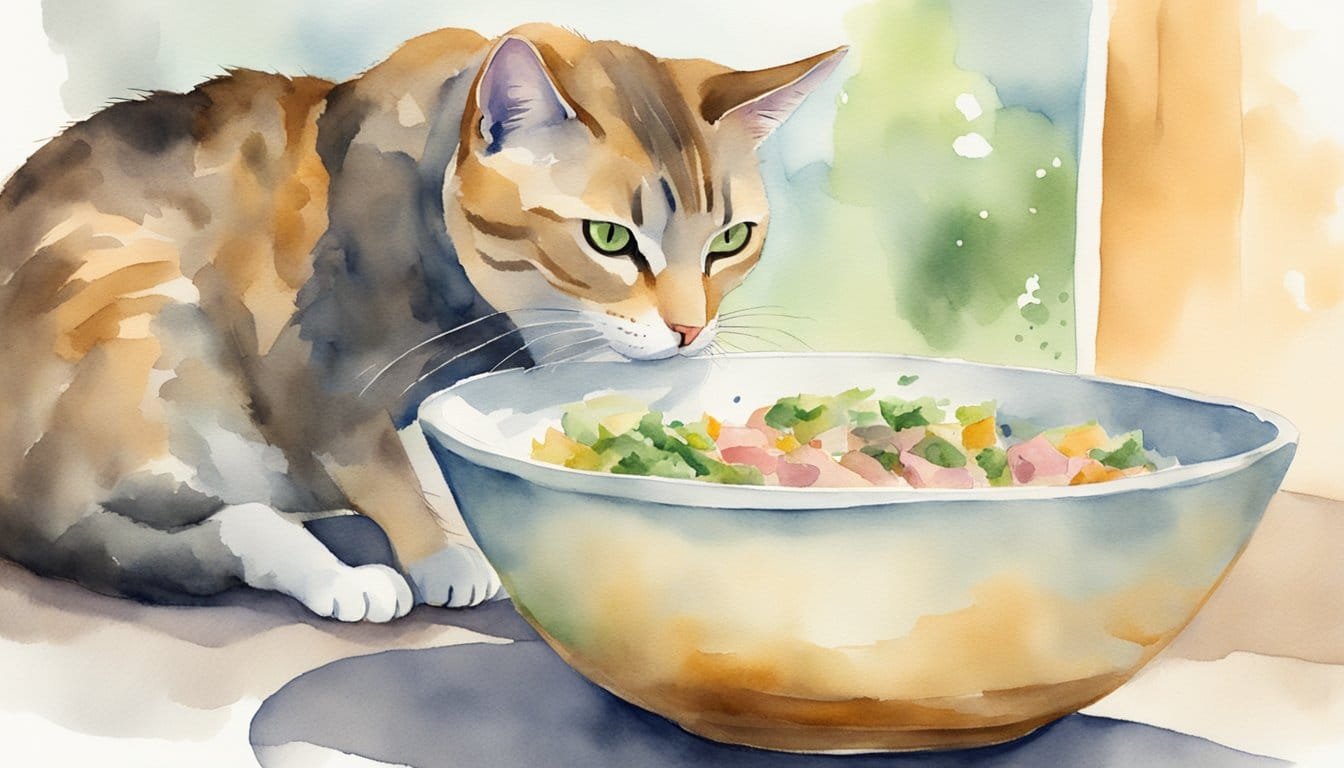Cats and Tuna: A Beloved Combination?
Many cat owners can testify to the allure that tuna has on their feline friends. Beyond being just another fish, tuna seems to have a special place in the hearts—and taste buds—of many cats.
The Taste Appeal of Tuna for Cats
Tuna’s strong, distinct flavor is particularly attractive to cats. Their taste buds respond well to the savory and umami qualities that tuna naturally possesses. While humans have around 9,000 taste buds, cats have fewer, but what they lack in quantity they make up for in specialization. Felines are carnivorous by nature, and the umami taste, which is often associated with meats and fish like tuna, stimulates their taste buds. This taste for umami explains why some cats seem to prefer fish like tuna over other flavors.
Tuna as an Occasional Treat
While tuna offers a flavor that many cats adore, it should be given in moderation as an occasional treat. Because of their high levels of unsaturated fats, they’re great for a treat but can lead to health issues if incorporated into a cat’s regular diet. Overconsumption can result in conditions such as Vitamin E deficiency in felines. Furthermore, expert advice often suggests that the mercury content in tuna is another reason to limit this fish in a cat’s diet. Hence, while they might nibble on this delectable fish from time to time, it should not become a staple.
Nutritional Aspects of Tuna Consumption

When it comes to feline dietary preferences, tuna is often a hit with the kitties. Not just tasty, it’s also packed with some solid nutrition that can contribute to a cat’s health. Let’s dive into what makes tuna beneficial from a nutritional standpoint.
Protein and Fatty Acids: Key for Health
Tuna is an excellent source of high-quality protein, which is crucial for the overall health and well-being of cats. As obligate carnivores, their bodies are designed to thrive on a diet that is high in protein—and tuna fits the bill perfectly. Additionally, it provides essential fatty acids that play a significant role in maintaining a glossy coat, reducing inflammation, and supporting cognitive function.
The beloved fish also includes omega-3 fatty acids, specifically EPA, which are beneficial for a cat’s heart health and can also serve as an anti-inflammatory agent. Cats are unable to produce these fatty acids on their own, making it important for them to consume them through their diet.
Vitamins and Minerals in Tuna
Besides being a great protein source, tuna offers a range of vitamins and minerals. Notably, it contains Vitamin E, which is an antioxidant that helps protect cells from damage. Tuna also provides other essential nutrients, ensuring that cats get a well-rounded range of vitamins and minerals required for their overall health.
While tuna can be beneficial for cats in moderation, it’s important to note that it should not replace a complete and balanced diet formulated specifically for cats. Tuna provides supplementary nutrition but may lack certain nutrients necessary for a cat’s health when served as a sole food source.
Health Concerns and Safe Feeding Practices

When it comes to feline friends and their love of seafood, tuna is often a favorite. However, pet owners should be aware of the potential health risks and practice safe feeding to keep their kitties healthy and happy.
Mercury Levels and Food Allergies
Cats may love the taste of tuna, but it’s important for owners to recognize the risks associated with mercury exposure. High levels of mercury in fish can lead to mercury poisoning, which in cats can cause serious health problems ranging from neurological issues to kidney damage. Veterinarians often caution against frequent feeding of tuna because of this toxic risk. Moreover, tuna can also lead to food allergies, displaying symptoms such as itching or gastrointestinal problems, underlining the importance of monitoring a cat’s response to tuna.
The Right Way to Feed Tuna
Moderation is key in maintaining a balanced diet for cats. Tuna should be offered as an occasional treat rather than a regular meal. This practice helps prevent issues like weight gain, obesity, and even heart disease. When giving tuna to your cat, it’s recommended to choose varieties that are specifically formulated for cats and are lower in mercury. Such tuna flavored cat foods are designed to address their specific nutritional needs while minimizing risks. Consulting with a veterinarian about the appropriate amount and frequency of tuna treats can help ensure your cat’s diet supports its overall health and well-being.

